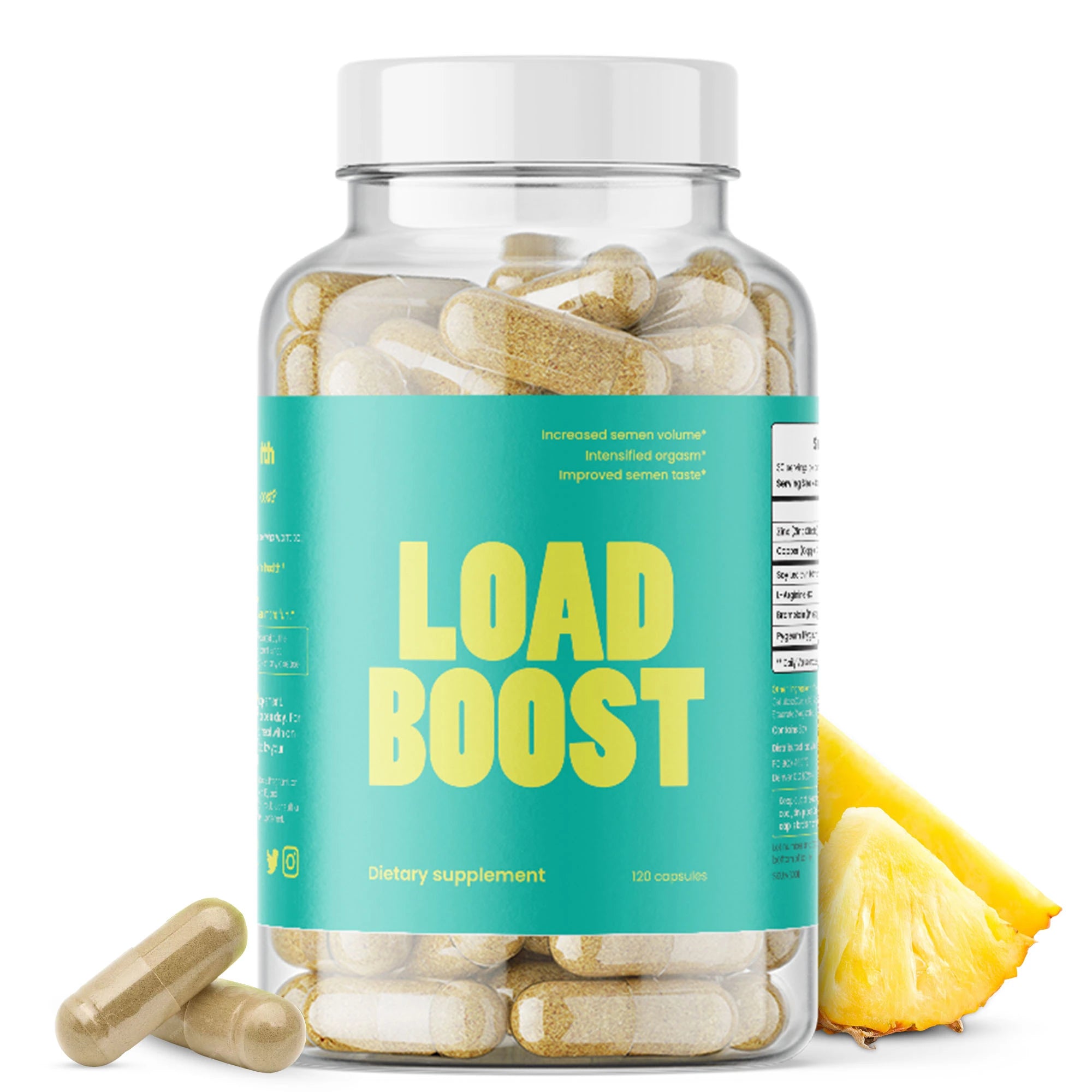Male fertility, a crucial factor in conception, can be influenced by various elements, from hormonal imbalances to lifestyle choices. When fertility issues arise, it's essential to explore all potential solutions, including medications like Clomid, traditionally used in female fertility treatments but now recognized for its potential in male fertility.
Understanding Male Fertility
Hormonal Balance
Key hormones such as testosterone, luteinizing hormone (LH), and follicle-stimulating hormone (FSH) play vital roles in sperm production. Imbalances in these hormones can significantly affect fertility.
Sperm Count and Quality
Successful conception relies on a healthy sperm count, effective motility, and proper morphology. Any deficiencies in these areas can impede fertility.
Lifestyle Factors
Diet, exercise, stress, and environmental toxins can all impact sperm health. Nutritional deficiencies also contribute to fertility issues.
The Role of Clomid in Male Fertility
Mechanism of Action
Clomid (clomiphene citrate) works by boosting the body's production of testosterone and stimulating LH and FSH release. This can lead to enhanced sperm production.
Indications for Use
- Low Testosterone Levels: Clomid can stimulate natural testosterone production in men with low levels.
- Low Sperm Counts: For men with reduced sperm counts, Clomid is sometimes used off-label to improve these numbers.
Effectiveness and Considerations
Efficacy
Clomid's effectiveness in improving male fertility varies among individuals, depending on factors like the root cause of infertility and overall health.
Potential Side Effects
Side effects may include hot flashes, mood swings, and temporary vision changes. Rarely, it might cause gynecomastia.
Consultation and Monitoring
Consultation with a fertility specialist and regular monitoring during treatment are vital to assess effectiveness and modify dosages as needed.
The Importance of Holistic Approaches
In conjunction with Clomid, lifestyle changes such as a balanced diet, regular exercise, stress management, and avoidance of toxins are crucial for optimizing sperm health. Additionally, supplements for fertility support like Load Boost may also be an appropriate option during family planning.
While Clomid is a promising solution, its effectiveness varies, and professional medical consultation is essential. Understanding male fertility and considering all options, including Clomid, is key for couples on their conception journey. A combined approach of medication, lifestyle changes, and nutritional support offers the best chance for overcoming fertility challenges.




